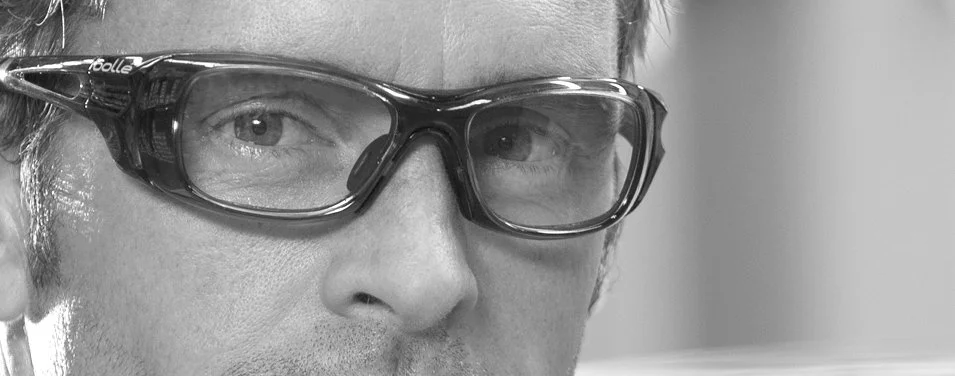On a daily basis I listen to many people describe how precious their eyesight is. As an optometrist I am interested in establishing a picture of what is important for the person sitting in my consulting room. Reading is a very common pastime. A keen reader myself I can relate to the simple pleasure found in books. Lynley Hood's account of the problems with talking books, and her grief over the loss of reading will resonate with anyone with a love of reading.
Here is her description of what happened;
"On 20 December 2009 I was reading in bed when my left eye went blurry. "Time to put the light out," I thought. Next morning it was still blurry. I had lost the central vision in my left eye, suddenly and permanently. Then the vision in my right eye began to deteriorate.
"The cause turned out to be a rare retinal disorder that goes by the acronym azoor (acute zonal occult outer retinopathy). There is no known effective treatment for azoor. The prognosis is uncertain.
In the weeks following that first episode, I considered my priorities and made a bucket list ("things to do while I can still see to do them"), but in those anxious early days a single desperate thought possessed me: "Gotta read all those books on my bedside table while I still can!" "
Lynley Hood
Award-winning author Lynley Hood is a Dunedin-based scientist, independent scholar and writer. Following her vision loss she has become an advocate and voice for New Zealanders with Visual Impairment. She writes clearly about the shortfall in services for people like herself - read Absence of Vision. Lynley is one of the founding trustees of Vision Impairment Charitable Trust Aoteoroa (VICTA). VICTA describes itself as an energetic new trust working for New Zealanders with uncorrectable vision loss.
Lynley's writing about living with vision loss has included an eloquent description of all her bugbears about talking books. She describes the suggestion that audio books are a substitute for reading print books as an empty platitude.
As both a keen reader and listener to audio books I am taken by her description of all the things she misses now she is no longer able to read print. She describes her grief and her longing to read books. It is sad to hear her describe her loss - I found her description of what she misses in print so eloquent. She describes the experience of reading books in a way which will connect with all book lovers.
All Lynley's writing gives those of us with good sight a keen awareness of the loss associated with vision impairment. If you are having a tough day read her piece on Becoming Illiterate. It will give you pause for thought and a reason to be grateful.










